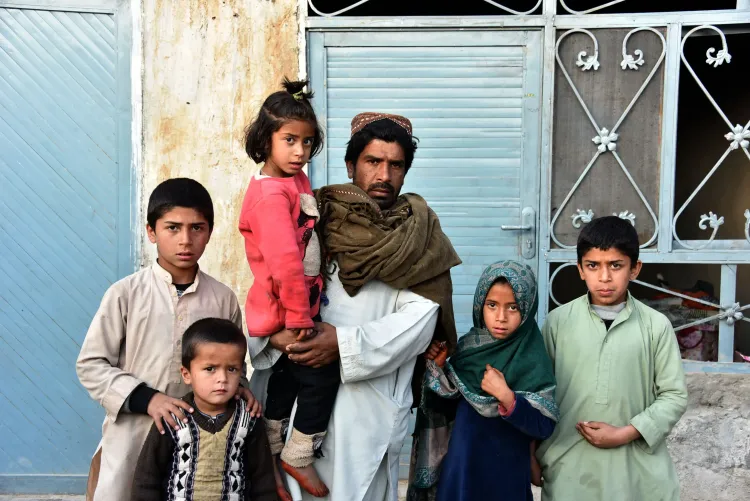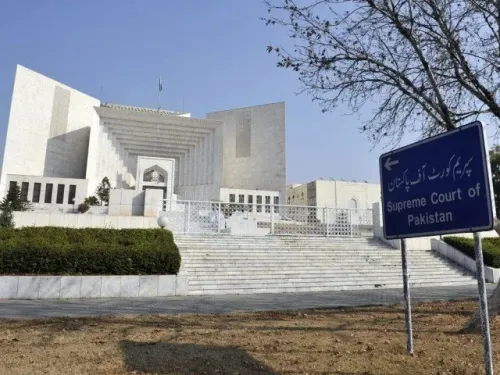What Concerns Does UNHCR Have About Pakistan's Plan to Expel Afghan Refugees?

Synopsis
Key Takeaways
- UNHCR voices alarm over Pakistan's expulsion plan.
- Forced deportations threaten humanitarian stability.
- Afghan refugees face dire conditions upon return.
- Human rights groups condemn mass deportations.
- Urgent international support is needed for vulnerable Afghans.
Kabul, Oct 9 (NationPress) The United Nations Refugee Agency (UNHCR) has raised alarms regarding Pakistan’s strategy to expel Afghan refugees from 16 villages located in Balochistan, Punjab, and Khyber Pakhtunkhwa. They warned that such forced expulsions could result in catastrophic humanitarian repercussions, as reported by Afghan media on Thursday.
Emphasizing that Afghan refugees have resided in Pakistan for many years and have established their lives, families, and communities there, UNHCR representative in Pakistan, Philippa Candler, has implored the Pakistani government to halt the deportations and ensure that any return of refugees is conducted voluntarily and with dignity, as reported by Afghan news agency Khaama Press.
Candler stated, "These expulsions could cause immense suffering for vulnerable families and undermine efforts to reintegrate them safely in Afghanistan." She urged Pakistan to implement any repatriation process in phases, fully respecting human rights and humanitarian principles.
This statement from the UNHCR representative follows reports that the Pakistani government has ordered Afghan nationals in 16 villages to vacate the country immediately as part of a wider initiative to deport undocumented migrants initiated in 2023. Pakistani officials claim this campaign was launched to address security concerns; however, rights organizations have described it as a form of collective punishment.
The UN refugee agency also expressed grave concern over the forced return of Afghan women and girls, warning that they would encounter significant restrictions on education, employment, and freedom of movement under Taliban rule in Afghanistan. The UNHCR has urged Pakistan to permit Afghans requiring medical care, higher education, or those in mixed marriages to remain in the country.
Human rights organizations have condemned Pakistan's actions as a violation of international refugee law and a breach of human dignity. They caution that mass deportations will further endanger and impoverish the already struggling Afghan populace.
Earlier in August, the UNHCR reported that over 2.3 million Afghan refugees returned to Afghanistan from Iran and Pakistan this year, urging the international community to provide assistance to address their basic needs. According to a statement from the UNHCR, the Afghan refugees are arriving in a nation unprepared to accommodate them. The UNHCR shared a message stating, "The world cannot turn its back on Afghans now."
In a call for support from the international community for Afghan refugees, the UNHCR posted on X, "Over 2.3 million Afghans have returned from Iran and Pakistan this year - many under pressure, and to a country unprepared to receive them. We’re calling for urgent support to meet their most basic needs. The world cannot look away now."










